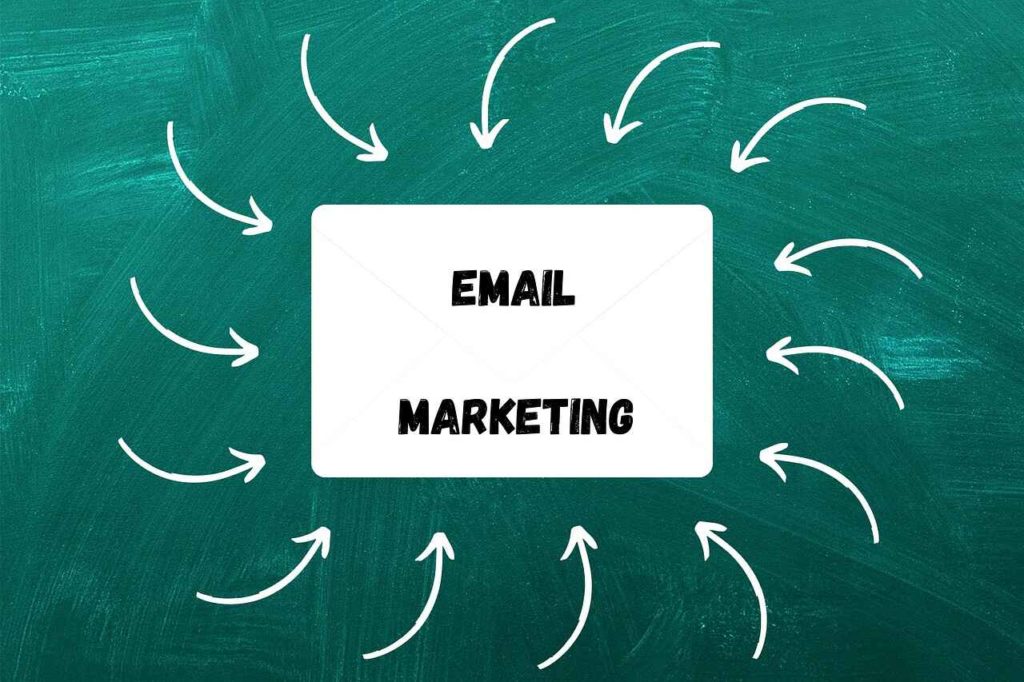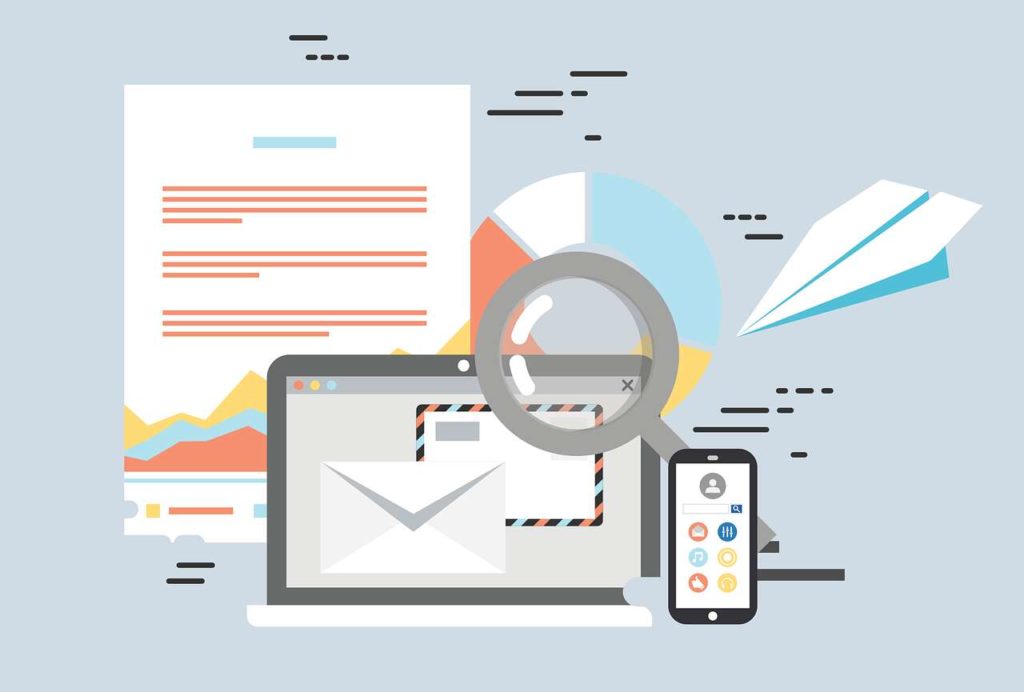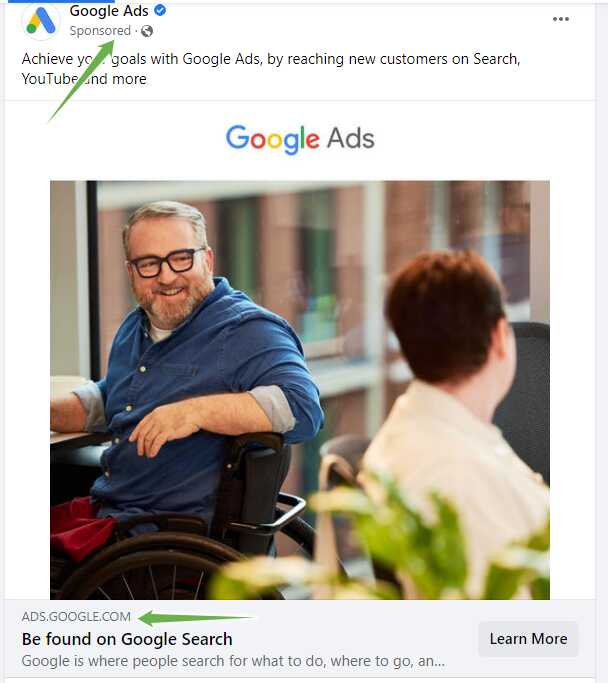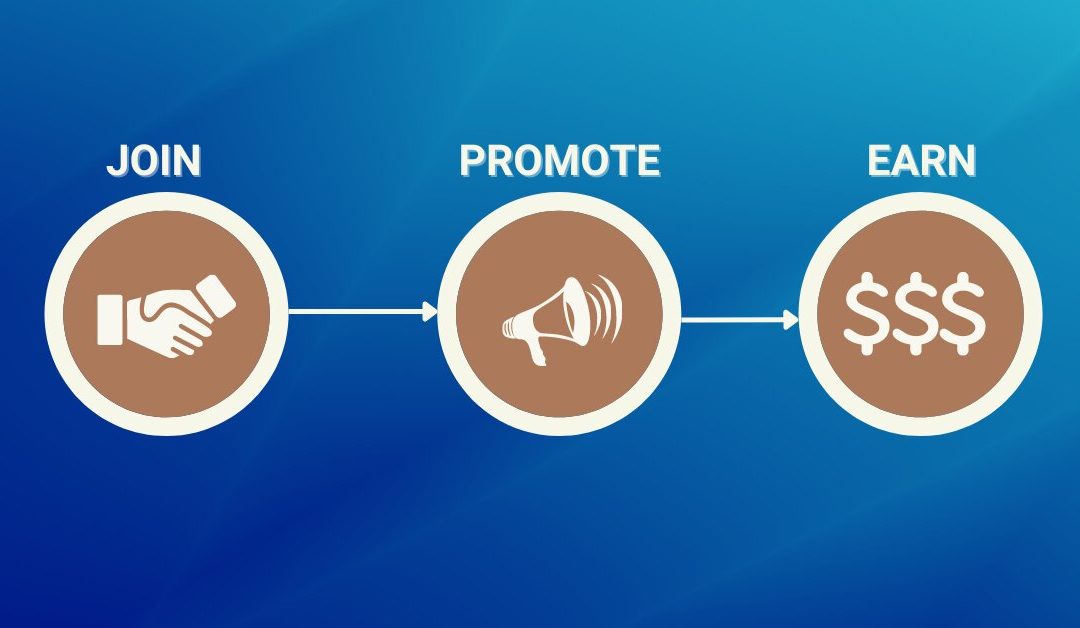Training, hard work, and knowledge are all necessary to succeed in the world of business today, but one thing that shouldn’t be overlooked as you grow your business is a marketing strategy. Marketing strategy has become even more critical since the advent of the internet, with so many businesses struggling to attract new customers online. But what exactly does it mean to have a marketing strategy? In this article I’ll go over some of the most important aspects of marketing strategy, and how they can help you successfully grow your business in the crowded marketplace of today.
The Ultimate Guide To Marketing Strategy Share on XTable of Contents
What is Marketing Strategy?
In marketing, a strategy is defined as a plan of action designed to achieve a goal. The goal could be anything from simply promoting your company’s products and services, to launching and managing an advertising campaign. A good marketing strategy involves more than simply putting ads in magazines and newspapers; it requires using every aspect of your business to create interest in your product or service.
When you put together a marketing strategy, you are creating a road map for how you will promote your company’s products and services. Marketing strategies can range from simple to complex, but they all have one thing in common: they are based on research about customers’ needs and wants. When creating a marketing strategy for your small business, there are several things that you should consider:
- What do my customers want?
- How do I give them what they want?
- How much will it cost me to give them what they want?
- Is my marketing budget big enough to cover these costs?
- If not, when do I need to get more funding?
- How much time does my marketing strategy take before I see results?
- Will my marketing strategy work for my target market(s)?
- What if it doesn’t work – what’s Plan B?
Marketing isn’t just about buying advertisements; it’s also about making sure that people know who you are and what you’re selling! A marketing strategy is designed to help answer these questions, as well as many others. A good marketing strategy will not only increase your sales, but it will also help you make more money in less time, with less effort on your part. If you want to learn how to market your business effectively, then keep reading for some great tips on how to do so!
What is a Marketing Mix?
The marketing mix refers to four different elements of a company’s marketing plan which include: product, price, place and promotion. By manipulating each of these factors separately or in combination with one another, marketers can achieve their desired results or increase sales and generate more leads.
Benefits of Marketing to Your Business
Marketing is an integral part of every business, regardless of whether it’s large or small. The benefits of marketing in business are numerous but include better client relations, increased client loyalty and brand recognition. Marketing is also cost-effective: for example, if you only have limited capital and need to create awareness about your company quickly to compete in a saturated market, it could be a good option. With marketing, you can leverage other people’s time and resources to get your message out there—and that can save you money over hiring more staff or buying more technology.
Many small business owners are put off by marketing because they think it’s out of their price range or it’s too difficult to do well. But creating an effective marketing strategy doesn’t have to be expensive, and if you know what you’re doing, can even generate a positive return on investment (ROI). You can leverage your existing networks, such as friends and family, or reach out to key influencers in your industry for advice. Other low-cost options include promoting offers through social media and public events. However, if you decide to proceed, starting a marketing plan is one of the best ways to get your company’s name out there—and hopefully attract new clients.
Starting a marketing plan is one of the best ways to get your company’s name out there—and hopefully attract new clients. If you choose social media, for example, you can get your website’s URL on people’s radars for free by joining groups related to your industry and responding to relevant posts with relevant comments and links. As you participate in these groups, other users may take notice of your business and consider it when making future purchases.
You can also take pictures of any notable signage around town or posts that mention or praise your products or services and post them online to drum up interest in what you do. Another low-cost strategy is offering discounts to those who sign up for email notifications about upcoming sales or other events related to your business on your blog or website.
The Process of Marketing Your Business
The overall process of marketing your business can seem like a daunting task. The idea is to create a plan that identifies how you will reach out to potential customers, and then execute that plan. The key is breaking down your strategy into manageable pieces, in terms of both time and cost. Whether you are just starting out or are taking an existing business to new heights, here’s what you need to know about creating a comprehensive marketing strategy for your business.
How Do You Start Marketing Your Business?
While there are many elements to a successful marketing campaign, at its core, it boils down to four main steps: define your target audience; create compelling content; use effective channels, and measure results. Let’s take a closer look at each step.
- Define Your Target Audience
Defining your target audience is more than just deciding who you want to sell to. It involves identifying what type of person would be interested in buying from you, as well as when they would be interested. A good way to do so is by using psychographic data, which includes information such as gender, age range, income level and geographic location.
This type of data allows you to understand who might be interested in your product or service based on their personal characteristics—and when they might want it—rather than simply looking at traditional demographic data such as gender and age group alone.
- Create Compelling Content
Creating compelling content helps establish trust with prospective clients while also positioning yourself as an expert within your industry. To do so, start by developing a clear message that resonates with your target audience. Then develop supporting messages that reinforce your central message and help position you as an authority figure in your field. Once you have developed these messages, make sure they are communicated effectively through every piece of content you produce.
- Use Effective Channels
To Market Your Business Now that you have defined your target audience and created compelling content to support it, it’s time to decide where to distribute it. There are two ways to go about doing so: paid and organic. Paid channels include things like search engine optimization (SEO), pay-per-click advertising (PPC) and social media ads. These methods require upfront costs but allow you to get your content in front of people who may not otherwise find it organically. Organic channels, on the other hand, don’t require any upfront costs but aren’t guaranteed to work either. They include things like blogging, press releases and link building.
- Measure Your Results
Once you have executed your marketing strategy across all available channels, it’s important to track results over time and adjust accordingly where necessary to achieve your goals and business desired results. As we all know data is an essential tool in marketing without which you won’t be able to measure the milestones you have covered. So it’s very crucial for marketers to use data they got while measuring their results to iterate and optimise the growth of their marketing strategies.
How to Get Started with Marketing your Business
In order to have a successful business, you need to make people aware of your company. They’ll only be able to buy from you if they know that you exist. By putting together an effective marketing strategy, you can reach a wider audience and gain more customers.
Here are some tips on how to get started with your marketing campaign.
- Branding
You should start by branding your company. This means coming up with a name, logo and colour scheme for your business so that it stands out among other businesses in its industry. This will help attract potential customers because they will be able to recognise you when they see your brand name or logo somewhere else. The way you brand your business represents the sum of people’s perception of your business’s reputation.

Branding is a marketing strategy in which you create a strong and positive perception name, symbol or any other graphical representation that distinguishes your business from others in the same market. It’s a process of communicating your business to the general public in the most unique way. The way you brand your business can help to distinguish your product or services from others in the same field.
- Advertising
Advertising is another great way to let people know about your business, especially if you don’t have much money for marketing expenses upfront. You can start by putting up flyers around town or posting advertisements on social media sites like Facebook, LinkedIn, Instagram and Twitter. You can also consider placing ads in local newspapers or magazines.
- Networking
Another effective marketing strategy is networking with other businesses in your industry. This will help you get a foot in the door with potential customers and establish yourself as an expert in your field of work. It also gives you an opportunity to meet new people who might be able to help promote your company later on down the road when it becomes more established and successful.
- Public Relations
While not as effective as advertising, public relations is another excellent marketing strategy that you can use to build up your brand’s reputation and gain visibility in your industry. This means doing things like volunteering for charitable organisations or supporting local businesses. Donating money or time to these causes can be a great way to make people aware of your company and draw positive attention to yourself and your business.
- Social Media
Social media has become one of the most popular marketing strategies for businesses in recent years. This is because it gives you an opportunity to reach people all over your area, even if they aren’t actively looking for a business like yours. For example, someone who isn’t interested in buying your products or services might see your posts on Facebook and decide to check out your website later on down the road. This can help get new customers in your door while building up brand recognition at a lower cost than advertising or other marketing strategies.
- Email Marketing
Another effective way to promote your company is through email marketing. This involves sending emails directly to potential customers with information about your company, including special offers or discounts that will encourage them to make a purchase from you instead of another business in your industry. You should always be careful when using email marketing because spamming people will only hurt your reputation and turn them off from doing business with you in the future.

Email marketing is one of the most cost-effective strategies for building robust relationships with prospective clients and customers. Creating a strong email marketing strategy helps you reach and connect with your customers in a personalized way and increase sales at an affordable cost. Email marketing strategy gives your business the ability to get in touch with your customers quickly and in real-time. This strategy is one of the strategies that increase your brand awareness because it keeps reminding your customers and potential customers of your brand each time they receive emails from your business.
- Digital Marketing
Digital marketing involves using online platforms such as social media sites, blogs and websites to market your brand and build up visibility among potential customers online. This is a great way to reach people who might not be able to find your business otherwise because they don’t live in your area or have never heard of you before.
- SEO
SEO stands for search engine optimization, which means that you can use various strategies to make sure that your website appears at the top of search engine results when someone is looking for businesses like yours online. This can help get new customers in your door while building up brand recognition at a lower cost than advertising or other marketing strategies.
- Email Newsletters
An effective strategy for digital marketing is email newsletters, which are messages sent directly from your company’s email address that advertise special offers or deals for existing customers. Email Newsletters is a powerful marketing strategy to connect with your customers directly because unlike other channels strategies email is automated, personalised and send the customers’ inbox directly.

Email Newsletters help you promote your products and services, keep your customers engaged, informed and up-date and serve as a backbone for other marketing strategies.
- Online Advertisment
Online Advertising is one of the coolest and most effective marketing strategies in existence. You can choose to purchase ads on different websites, magazines or newspapers, which are great for spreading brand awareness about your company’s products and services in a short amount of time. However, you need to be careful when choosing a vendor to place these ads with because some businesses will not be upfront about their costs or how many people will see your ad before deciding if it is worth buying an ad from them.

The image above shows Google Ads one of the biggest ads platform advertising its service on Facebook to get the service across to billions of Facebook users. So advertising is a marketing strategy that aims to influence the actions of the public to buy, sell, or take a particular step.
- Promotional Products
Another popular strategy for digital marketing is promotional products, such as pens, key chains and t-shirts that have your business logo printed on them. These items are great for getting new customers in your door while building up brand recognition at a lower cost than advertising or other marketing strategies. They also give you an opportunity to connect with potential customers who might not have heard of you before but like what they see when they get home with their new product!
Building an Efficient Marketing Plan
The most crucial part of marketing an organization is building a successful marketing plan. A company’s marketing strategy should be treated as a living, breathing organism that needs to be constantly evaluated and tweaked. Every year, once you’ve gone through a full fiscal year and can evaluate results from both your business and competition, it’s time to sit down with your team and make some hard decisions about where you stand in relation to industry trends. If your tactics aren’t working for you anymore, it’s time to change things up.
It’s much easier to pivot when you’re aware of what isn’t working instead of blindly sticking with something that isn’t bringing in new clients or revenue. By taking a proactive approach to evaluating your marketing efforts, you’ll ensure continued success and growth for years to come. When crafting your own marketing plan, keep these three steps in mind:
- What do we want our target audience to think?
- How will we get them to think that way?
- How will we measure whether or not they are thinking that way?
Before making any major changes to how you market your business, write out all three sections of your plan and review them regularly so you can make adjustments along the way. You might not see immediate results after implementing a new campaign or changing an existing one, but don’t give up too quickly! Be patient and stay on track.
Final Thoughts on Marketing Strategy
Every company needs a good marketing strategy that’s well planned and aligned with the objectives of the company in place because marketing is a dynamic and ever-changing field and can change based on consumer and technology trends. Once you have the right map, the chances you’ll reach the goals you’ve set for your business, are much higher.
You need to have your business marketing strategy in place even before you will start such a business so that you won’t need to waste scarce resources and energies doing the wrong thing at the right time. Now that you have a better idea of how marketing strategy works and how to effectively set your business marketing strategy in motion to get your company’s goals achieved. It’s high time you launch your business or startup and use your marketing strategy skills to achieve your goals.
Frequently Asked Questions
Why is a Marketing Strategy Important?
A well-defined marketing strategy is crucial for businesses to achieve their goals and stand out in a competitive market. It helps align marketing efforts with overall business objectives, maximizes resources, and ensures a consistent and compelling message reaches the target audience, fostering brand awareness and customer loyalty.
How Can I Identify My Target Audience?
Identifying your target audience requires techniques such as demographic analysis, psychographic profiling, and market segmentation. These techniques will help you understand who your customers are, what they need, and how you can effectively reach them with your marketing efforts.
What Role Does Content Play in Marketing Strategy?
Content is a cornerstone of any successful marketing strategy. The guide emphasizes the importance of creating high-quality, relevant content that resonates with your audience. It covers content creation, distribution channels, and the use of storytelling to engage and connect with customers, ultimately driving brand visibility and customer trust.
What Are the Latest Trends in Marketing Strategy?
Staying current with industry trends is vital for a successful marketing strategy. The guide highlights the latest trends, such as influencer marketing, social media strategies, and emerging technologies. It encourages businesses to adapt and integrate these trends into their marketing plans to stay relevant and innovative.





0 Comments